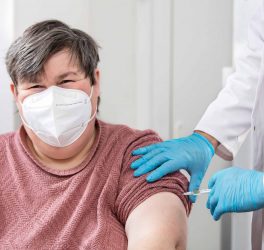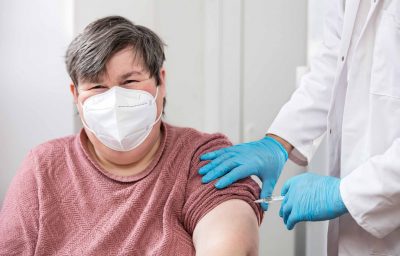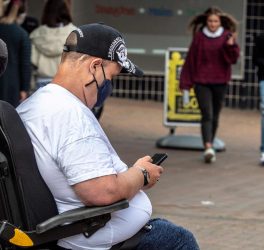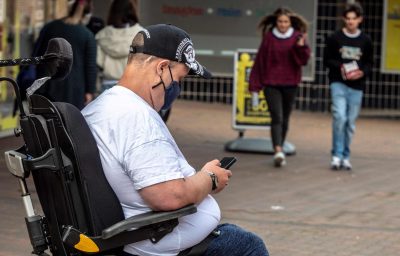
Experts say now is the time to transform healthcare services before post-COVID-19 caused chronic health issues arise.
These are the opinions of two esteemed leaders in cardiovascular disease care, research and strategy, detailed in two new Frame of Reference articles published today in the American Heart Association’s flagship journal Circulation.
While COVID-19 has severely impacted everyone’s daily lives, its societal and economic impact will be present for generations. It has prompted urgent responses in many sectors that could be models for rapidly developing real-world solutions that can improve efforts focused on prevention of chronic health conditions. Dramatic transformation in health care research is needed to align with the disruption of cardiovascular care and heart health caused by the COVID-19 pandemic.
The first article, “Avoiding the Coming Tsunami of Common, Chronic Disease: What the Lessons of the COVID-19 Pandemic Can Teach Us,” is authored by Robert M. Califf, M.D. He is the head of clinical policy and strategy at Verily Life Sciences and Google Health, a former commissioner of the U.S. Food and Drug Administration, former vice chancellor for health data science at Duke University School of Medicine and the founding director of the Duke Clinical Research Institute.
In his article, Califf urges swift and comprehensive action to avoid the dramatic rise in chronic health conditions, particularly cardiometabolic disease, that are to be expected as a result of COVID-19. Three of the top 10 leading causes of death in the U.S., cardiovascular disease, stroke and type 2 diabetes, are linked to cardiometabolic disease.
He calls for critical shifts in the U.S. health care system to include universal health care, public health and research strategies that incorporate “big data,” and improved health data sharing that can inform more effective and efficient prevention and treatment protocols and programs across society.”
Califf also notes the impacts of structural racism and that social determinants of health must be incorporated at all levels of research, clinical care and within communities and society at large for equitable, systemic improvement in health outcomes to be realized. He advocates for universal access to broadband internet that could increase access to medical information, digital support programs and telehealth appointments with health care professionals.
He recommends more real time, in-depth tracking of chronic health conditions similar to the rapid data dashboards that were implemented to track COVID-19 cases, hospitalizations and deaths. With better information accessible more quickly, strategies to prevent and treat chronic health conditions can be measured and adapted accordingly.
Califf also proposes a new effort called “Operation Warp Evidence,” modeled after the rapid COVID vaccine effort “Operation Warp Speed,” to be a speedy, prioritized clinical trial infrastructure that assesses the risks and benefits of new therapies compared to existing therapies for chronic health conditions. This would allow the vast pool of clinical trials to be more focused on immediate interventions that can improve prevention, care and outcomes.






